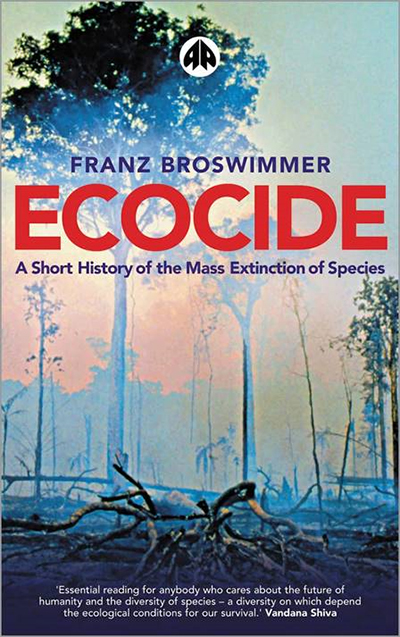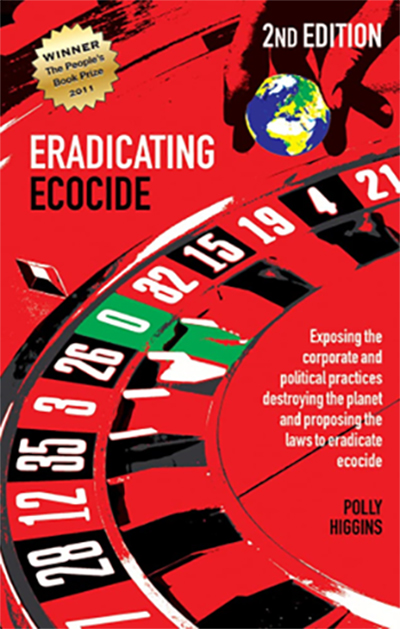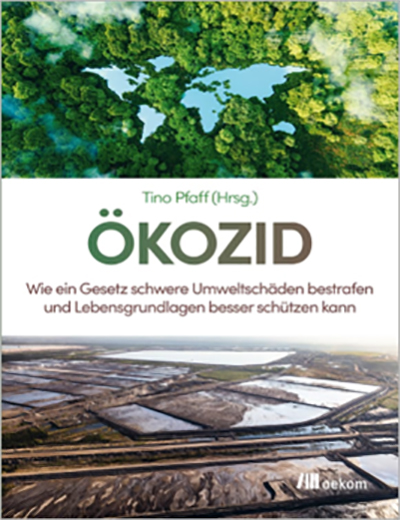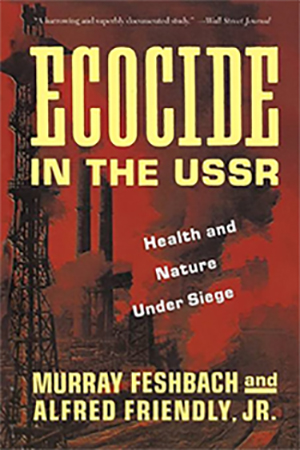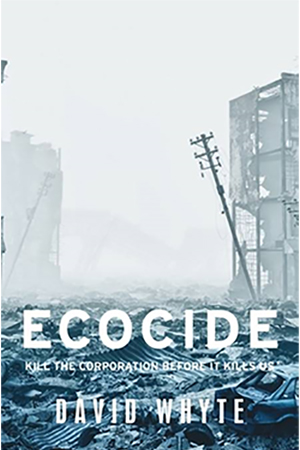 |
International Science Prize on Peace and Ecology in the Anthropocene | |||||||
| HGB- Foundation | Call for
2023 (ISP) |
Theme of 2023 (ISP) | Award Winners |
History of the Award | |
|||
| Science Prize | Call for
2024 ISP) |
Theme of 2024 (ISP) | Award Winners 2024 | |||||
| Home | German Website |
International Press | Global Jury | Call for 2025 (ISP) | Theme of 2025 (ISP) | Award Winners 2025 | ||
| Sources and Publications | Theme of International Science Prize 2024 “Ecocide: Impacts of Wars and/or Climate Change on Food Security Since 1945”” |
Conditions and Modalities |
The Hans Günter Brauch Foundation (HGBS) supports two prizes on peace, ecology and the Anthropocene and of linkages between these themes. The annual International Science Prize for Peace and Ecology in the Anthropocene (ISP-PEA) is supported by the HGBS in Germany.
|
While the ISP 2023 addressed the linkages between Climate change on conflicts the second ISP 2024 explores “Impacts of Wars and/or Climate Change on Food Security” since 1945, . Deadline for submissions: 31 May 2024 On 1 May 2024 a modified call was launched replacing the initial call: According to the Modified Call of 1 May 2024 the Global Jury will accept three alternatives:
The Jury accepts (since 1 May 2024): in addition these two alternatives
The foundation accepts until the deadline of 31 May 2024
and in addition since 1 May 2024
In addition to the International Science Prize the Global Jury of the HGBS ISP 2024 may award again:
The Ecocide concept <https://en.wikipedia.org/wiki/Ecocide> is based on (Greek oikos- home and Latin cadere – to kill) describes the mass destruction of nature by humans. Ecocide threatens all human populations who are dependent on natural resources for maintaining ecosystems and ensuring their ability to support future generations. The Independent Expert Panel for the Legal Definition of Ecocide describes it as "unlawful or wanton acts committed with knowledge that there is a substantial likelihood of severe and either widespread or long-term damage to the environment being caused by those acts". According to Wikipedia “Commonly cited examples of ecocide include; deforestation during the Vietnam War, the destruction of the environment during the Russian invasion of Ukraine, deforestation in Indonesia and the Amazon rainforest, oil pollution in the Niger Delta and the Chernobyl disaster. … There is currently no international crime of ecocide that applies in peacetime, only in wartime, covered by the Rome Statute. It was originally planned to be included in the Rome Statute and support by many states, but was removed due to objections by the United Kingdom, France and the United States of America. Ecocide has been made a national law in several countries with many more discussing implementing a law, including the European Union. Stop Ecocide International and others are working to enshrine ecocide into the Rome Statute, making it both international law and national law in member states national law.” The driving factors are among others wars and climate change that cause food insecurity. Food security is a term that was coined by FAO and defined “as the availability of food in a country and the ability of individuals within that country to access, afford, and source adequate foodstuff. The availability of food irrespective of class, gender or region is another element of food security”. Food insecure is used by FAO to claim thar at “A person is food insecure when they lack regular access to enough safe and nutritious food for normal growth and development and an active and healthy life.” |
Each scholar participating in this competition must submit an original text of research authored solely by the applicant in English that was published since January 2020.
If submissions are equal in quality the prize will be awarded to
Plagiates will be excluded from the competition!
|
| Imprint | Legal Notice | Flyer |
